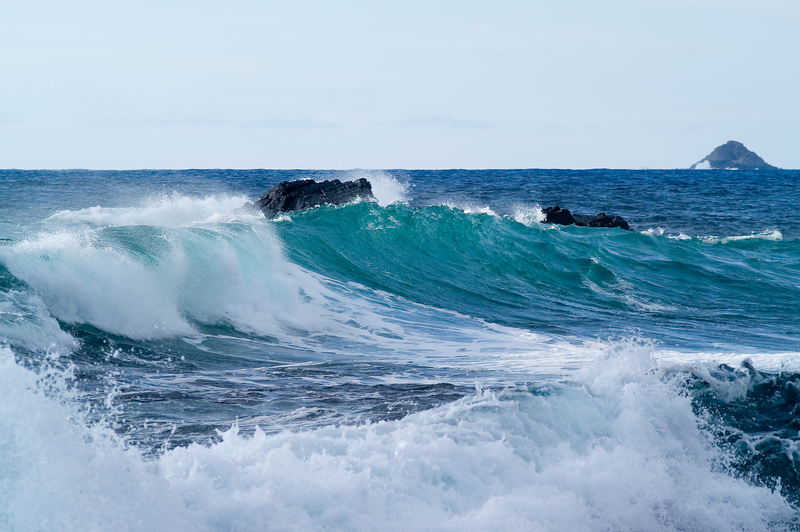Emotions can run high in relationships and in daily life – it is part of being human. How we handle these elevated emotions can make or break the outcome: do we react or respond? Reacting from an emotionally dysregulated place can create more distress, chaos, rigidity, fear, and distance. Responding from Wise Mind helps create a more respectful, safe, dialectic and connected relationship and environment. Reactions tend to be impulsive and come from the peak of our emotional intensity, while responding comes from Wise Mind, a mindful place that is clear and concise. Emotions come and go in waves, and quite often we tend to react at the peak of that emotional wave. Yet when we observe our emotional wave, we can identify our trigger, interpretations of the trigger, emotional experience and expressions, and how the emotion impacts us. This observation can inform how best to effectively respond to those emotions.
Ask yourself the following questions next time you find yourself experiencing an intense emotion with an urge to react:
Prompting event or trigger: What exactly was the situation that triggered your emotion? This is the who, what, where, and when of the problem. Get clear – when we can identify the event, it allows for greater understanding, thereby setting the stage for growth.
Interpretations: What were your thoughts about the prompting event? How did you understand and interpret the event? Check yourself here for thought distortions: Assumptions, Storytelling, All or Nothing Thinking, Overgeneralization, Personalization, and Catastrophizing are all examples of common thought distortions. The way we interpret events affects not only our emotions, but how we respond to the emotion as well.
Emotional Experiencing: Check-in with your body. How is your body responding to the emotion? Is your heart racing? Are you feeling warm? This can be helpful as you assess if you are responding from a place of fear, otherwise known as our Fight, Flight, Freeze response.
Emotional Expression: If you can check in with yourself before reacting, ask yourself, “What do I want to express? How do I want to respond?”. It is important to make sure you effectively communicate why you are having an emotional reaction and set the appropriate limits, if needed. If you reacted already, ask yourself if your experience and expression matched each other? Are you experiencing anger, but not letting the other person know you are angry? Are you experiencing sadness, but showing anger? Most importantly, how effective is your reaction to the emotion?
Remember: Reactions tend to be impulsive and come from the peak of our emotional intensity, responding comes from Wise Mind, a mindful place that is clear and concise.
Aftereffects/Check-in: If you have already reacted from an emotionally dysregulated place, ask yourself: What was the impact of the reaction? How did my behaviors help or not help the situation? This is a great place to seek out growth and notice patterns that we can change.
The next time you find yourself ready to react, check in then mindfully ride your emotional wave!

